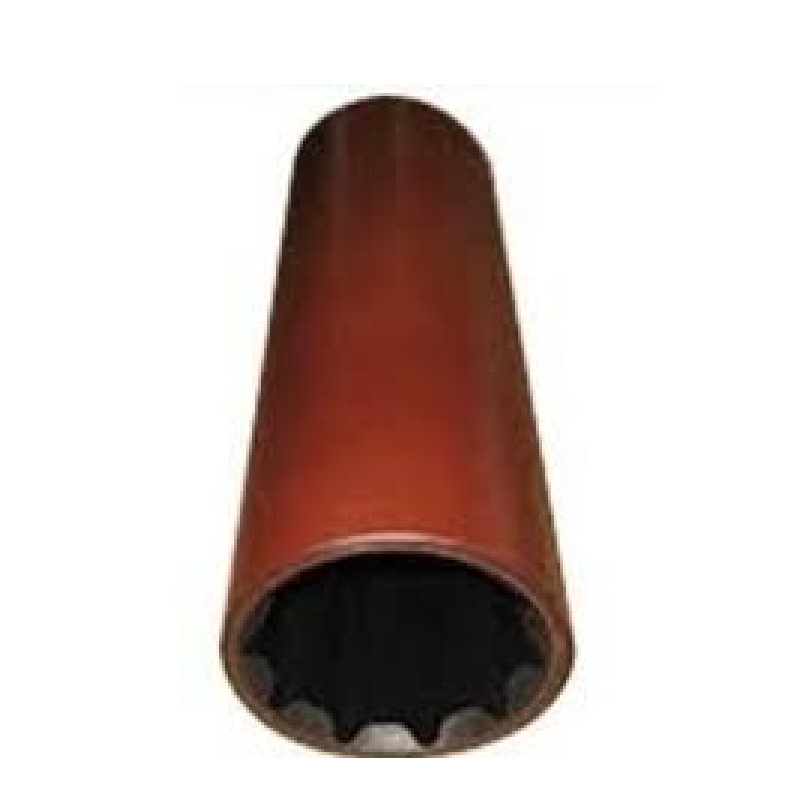axle hub oil
Understanding Axle Hub Oil Its Importance and Best Practices
Axle hub oil is a critical component in the maintenance and operation of vehicles, especially those with complex drivetrain systems like trucks, trailers, and heavy machinery. Its primary role is to lubricate the axle hubs, ensuring smooth and efficient operation while preventing wear and tear on crucial moving parts. The right type of axle hub oil not only enhances performance but also prolongs the lifespan of the hub and related components.
The Role of Axle Hub Oil
The axle hub, often referred to as the wheel hub, is where the wheel assembly rotates. It consists of bearings that support the weight of the vehicle while enabling the wheels to turn freely. Axle hub oil circulates within these components, reducing friction and heat generated during operation. This lubrication is essential to prevent overheating, which can lead to catastrophic failure, such as bearing seizure or hub damage.
Additionally, axle hub oil serves as a barrier against moisture and contaminants. If water or dirt enters the hub, it can significantly reduce lubrication effectiveness and lead to rust and corrosion. Regularly checking and changing the axle hub oil is crucial to maintaining optimal performance and protecting these intricate parts.
Choosing the Right Oil
When selecting axle hub oil, it is vital to consider the manufacturer's specifications
. Different vehicles and applications require specific oil types, typically classified by viscosity and additives. High-quality oils often contain additives that enhance protection against extreme temperatures, wear, and oxidation, making them ideal for heavy-duty applications.For example, synthetic axle hub oils offer superior lubrication in extreme conditions, while conventional oils may suffice for lighter vehicles. Always consult the owner’s manual or a professional mechanic to determine the appropriate oil for your vehicle.
axle hub oil

Maintenance Best Practices
Maintaining optimal axle hub oil levels is integral to vehicle safety and performance. Here are some best practices
1. Regular Checks Inspect the axle hub oil level and condition regularly. Look for changes in color or consistency, which could indicate contamination or degradation.
2. Timely Changes Follow the manufacturer’s recommendations for oil change intervals. This is typically based on mileage or operational hours.
3. Seal Integrity Ensure that the seals around the axle hubs are intact to prevent fluid leaks or the entry of contaminants.
4. Listen for Unusual Noises Pay attention to any noises from the wheels, such as grinding or squeaking, as these could signify inadequate lubrication.
5. Professional Consultations If unsure about the condition of the axle hub oil or any related components, consult a qualified mechanic for an evaluation.
In conclusion, axle hub oil plays an essential role in the efficient functioning of vehicles' drivetrain systems. By understanding its importance and adhering to best maintenance practices, vehicle owners can ensure the longevity of their axles and enhance overall safety on the road. Prioritizing regular oil checks and changes is a simple yet effective way to protect this vital aspect of vehicle performance.
-
Understanding the Front Main Engine Seal: Purpose, Maintenance, and Installation
News Jul.29,2025
-
Understanding O-Rings and Seal Rings: Types, Applications, and Custom Solutions
News Jul.29,2025
-
Understanding Crankshaft Oil Seals: Rear Seals, Pulley Seals, and Their Role in Engine Integrity
News Jul.29,2025
-
The Importance of Front and Rear Crankshaft Seals in Engine Performance and Oil Management
News Jul.29,2025
-
Crank Oil Seals: Functions, Types, and Cost Considerations in Engine Maintenance
News Jul.29,2025
-
A Comprehensive Guide to O-Rings and Seals: Types, Materials, and Global Applications
News Jul.29,2025
-
Mastering Diesel and Performance Engine Maintenance: A Guide to Critical Oil Gaskets
News Jul.28,2025
Products categories















